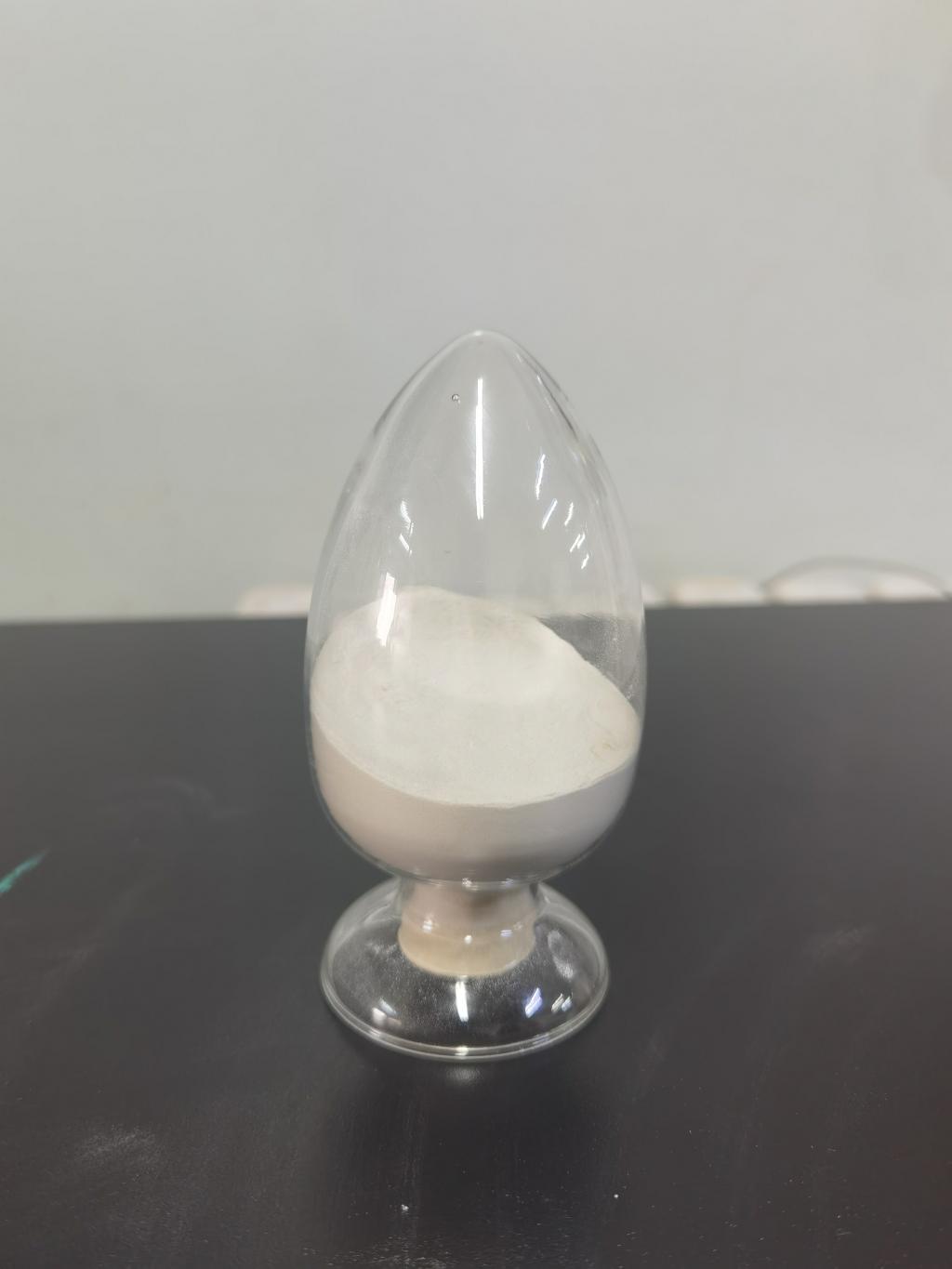Tel:+8618231198596

News
 CONTACT
CONTACT
 CONTACT
CONTACT
- Linkman:Linda Yao
- Tel: +8618231198596
- Email:linda.yao@dcpharma.cn
- Linkman:CHARLES.WANG
- Department:Overseas
- Tel: 0086 0311-85537378 0086 0311-85539701
News
Current Position:
Home >
News
>Nisin and the Future of Space Exploration: Ensuring Food Safety Beyond Earth
Nisin and the Future of Space Exploration: Ensuring Food Safety Beyond Earth
TIME:2023-12-20
I. The Challenges of Space Food Preservation:
Extended Shelf Life:
Long-duration Missions: As space agencies plan for missions that extend beyond Earth's orbit, the need for food with extended shelf life becomes paramount. Traditional preservation methods may not suffice for the duration of these missions, making it essential to explore innovative solutions.
Microgravity Effects: The microgravity environment of space can impact food differently than on Earth. Understanding these effects is crucial to preserving the nutritional content and safety of space food.
Limited Storage Space:
Optimizing Payload: Every ounce of cargo launched into space comes with a cost, both in terms of fuel and resources. Optimizing the storage space occupied by food, while ensuring its safety and nutritional value, is a complex challenge for space missions.
Minimal Packaging: The desire to minimize waste and optimize storage space requires packaging solutions that are both lightweight and effective in preserving food quality.
II. Nisin as a Space-Friendly Preservative:
Natural Origins and Safety:
Derived from Fermentation: Nisin's natural origin, derived from the fermentation of bacteria, aligns with the preference for minimally processed and safe food options in space. Its history of use in the food industry attests to its safety for human consumption.
No Chemical Residues: Unlike some synthetic preservatives, nisin leaves no chemical residues in food. This aligns with the space industry's commitment to providing astronauts with clean and safe nutrition.
Antimicrobial Properties:
Broad Spectrum Activity: Nisin's broad-spectrum antimicrobial properties make it effective against a wide range of bacteria, including those known to cause foodborne illnesses. This is crucial for maintaining food safety during extended space missions.
Selective Action: Nisin's selective action against harmful bacteria while sparing beneficial microorganisms is particularly advantageous for maintaining a healthy balance in the gut microbiota of astronauts.
III. Nisin in Space Food Development:
Current Applications:
Space-Friendly Foods: Nisin has already found applications in space-friendly foods, including dehydrated and vacuum-sealed meals. Its ability to inhibit bacterial growth provides an added layer of safety for food that may be stored for extended periods.
Bakery and Snacks: Nisin's incorporation into space-friendly bakery items and snacks contributes to the preservation of flavor and nutritional quality, addressing the monotony of the space diet.
Challenges and Solutions:
Microgravity Adaptation: Research is ongoing to understand how nisin functions in microgravity environments. Addressing any challenges related to the altered behavior of antimicrobial agents in space is crucial for their effective use.
Integration with Controlled-Environment Agriculture: As space missions increasingly explore the potential for growing food in controlled environments, integrating nisin into these systems can further enhance food safety and longevity.
IV. Future Prospects and Research Directions:
Optimizing Formulations:
Enhanced Stability: Research efforts are underway to optimize nisin formulations for space conditions, ensuring its stability and effectiveness over extended periods of storage.
Synergy with Other Preservation Methods: Exploring the synergistic effects of nisin with other preservation methods, such as radiation or modified atmospheres, can provide a comprehensive solution for space food preservation.
Personalized Nutrition:
Tailoring Diets: As space missions extend in duration and distance, the ability to tailor astronauts' diets becomes crucial. Nisin's potential to contribute to personalized nutrition by preserving a variety of food options is a promising avenue for exploration.
Microbiome Considerations: Understanding the impact of space travel on the human microbiome and leveraging nisin to maintain a healthy gut microbiota is vital for the overall well-being of astronauts.
V. Conclusion:
Nisin's emergence as a space-friendly preservative marks a significant step in addressing the challenges of food preservation during extended space exploration. Its natural origin, safety profile, and broad-spectrum antimicrobial properties position it as a key player in shaping the future of space food. As space agencies plan for ambitious missions to the Moon, Mars, and beyond, the integration of nisin into space-friendly foods represents a critical aspect of ensuring the health, safety, and well-being of astronauts. The ongoing research and innovation in this field hold the promise of not only sustaining life beyond Earth but also providing a diverse and nutritious culinary experience for those who embark on the journey into the cosmos. Nisin, with its Earthly origins, may well become an essential ingredient in the recipe for the future of space exploration.
- Tel:+8618231198596
- Whatsapp:18231198596
- Chat With Skype







